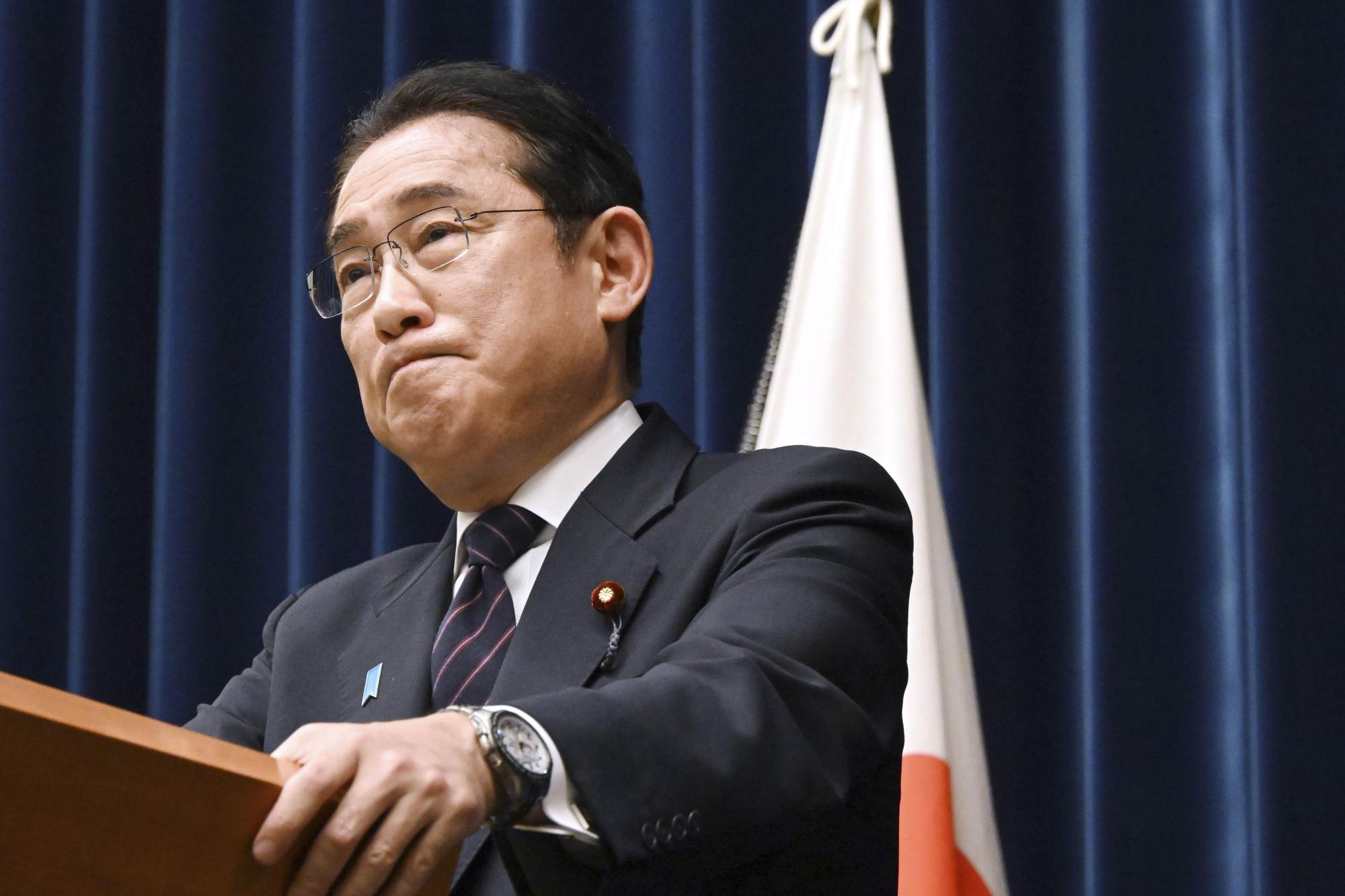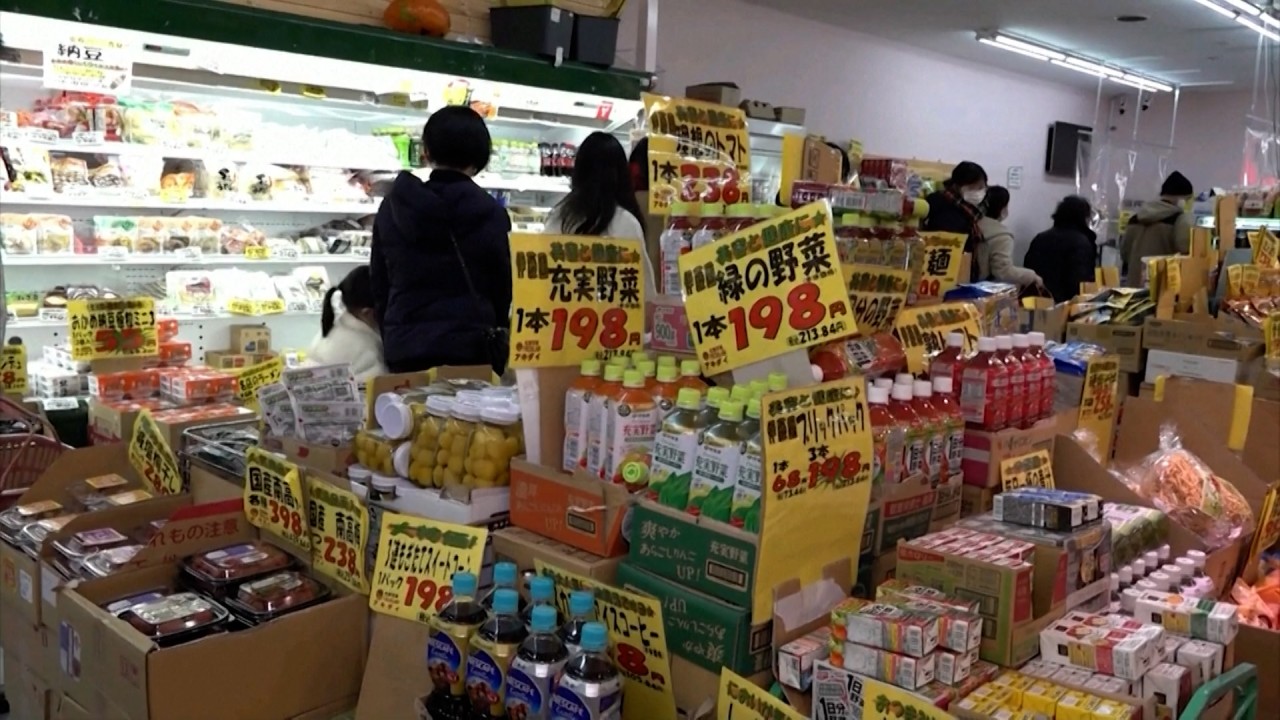
Will Japan’s Fumio Kishida call an election this year? Weak yen, economic woes make it ‘difficult’, analysts say
- A weaker currency and higher prices have largely cancelled out the boost from the end of the pandemic and last month’s G7 meeting in Hiroshima
- Observers say Kishida is unlikely to call a general election until next year ‘at the very earliest’, as inflation lingers and wages remain stagnant
But the yen’s depreciation in recent weeks appears to have undone those achievements and could lead to more price increases for a Japanese public that is weary of higher costs while wages have remained largely static. And that, experts agree, makes calling an election simply too much of a risk for Kishida.

Masato Kanda, the vice-minister of finance for international affairs, said on Monday that the yen’s decline in value against the dollar and euro was “rapid and one-sided”. The yen was moving in a band around 143 to the dollar on Monday morning, a seven-month high.
Against the pound, the Japanese currency was trading at 182.66, the highest since December 2015. The yen was at a 15-year high against the euro and was similarly strong against the Australian dollar.
Japan last intervened in the currency markets in September and October to counteract the yen’s fall against the dollar and Kanda confirmed that the government could be forced to act once again, saying, “No options are ruled out.”
Will Japan PM call snap election amid G7 success, improved South Korea ties?
The yen’s slide is a result of the widening of the interest rate gap between Japan and the central banks of the US and Britain, said Martin Schulz, chief policy economist for Fujitsu’s Global Market Intelligence Unit. But there are some major differences between now and when Japan last intervened.
“The last time they stepped in, it was because the dollar was shooting up very fast and there was international instability, so intervention had a surprisingly strong and effective impact,” Schulz told This Week In Asia. “But this time is different.”
The pressure to sell the yen came as the Bank of Japan stuck to its ultra-low rate policy while the US Federal Reserve and the European Central Bank followed through on policies of continued interest rate rises, he said.
“There is little more that can be done right now unless the Bank of Japan does shift its policy,” Schulz said. “They have repeatedly said they do not intend to do that, but it is clear that the pressure is building and it may soon become a question of how long they can resist.”
“Already this year we have seen a major revival in the inbound tourism sector and foreign visitors going to places beyond the usual destinations of Tokyo and Kyoto,” he said.
Some 1.9 million foreign travellers arrived in Japan last month, nearly 69 per cent of the figure in May 2019, putting the country on track to return to pre-pandemic visitor levels early next year.
Japanese struggle with soaring prices despite government aid
Yet that economic benefit is arguably outweighed by rising costs, as many Japanese struggle with higher prices on top of limited wage increases for more than a decade.
“For the government, it’s difficult,” said Toshimitsu Shigemura, a politics professor at Tokyo’s Waseda University. “Companies are quite comfortable making profits from the weak yen, but the impact on households makes it far more difficult for Kishida to call an election.
“[There were] rumours even a few weeks ago that he was planning to announce the general election in the late summer or early autumn,” he said. “With inflation and deepening concern over the state of the economy, there is no way he can take that gamble.
“The election is off until next year, at the very earliest,” Shigemura said. And if Japan’s economic problems persist, it could be delayed again, he added.


